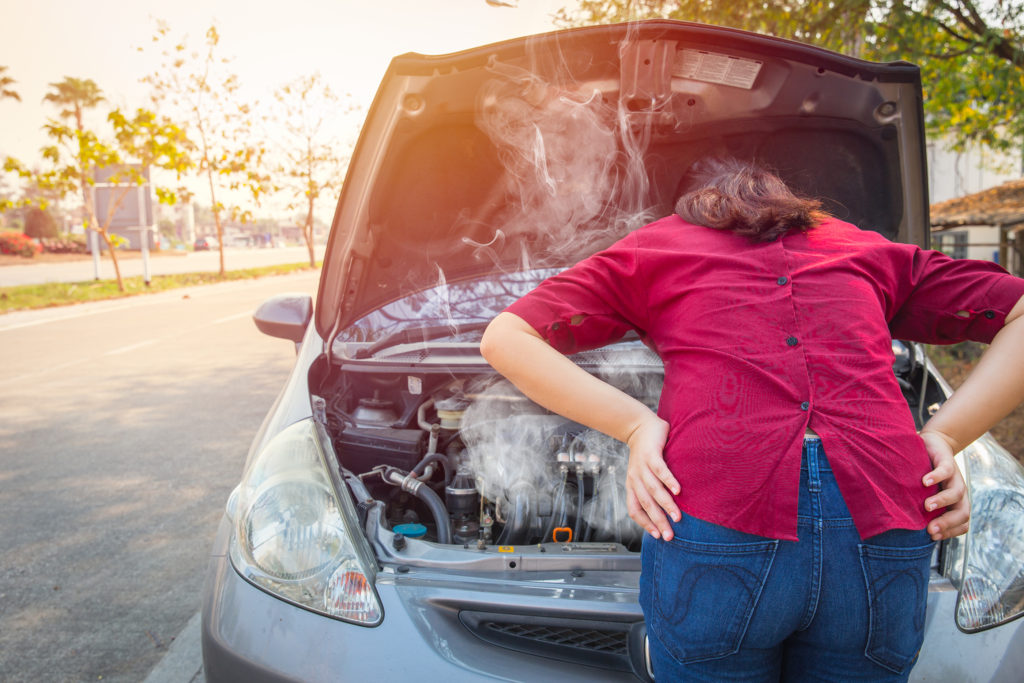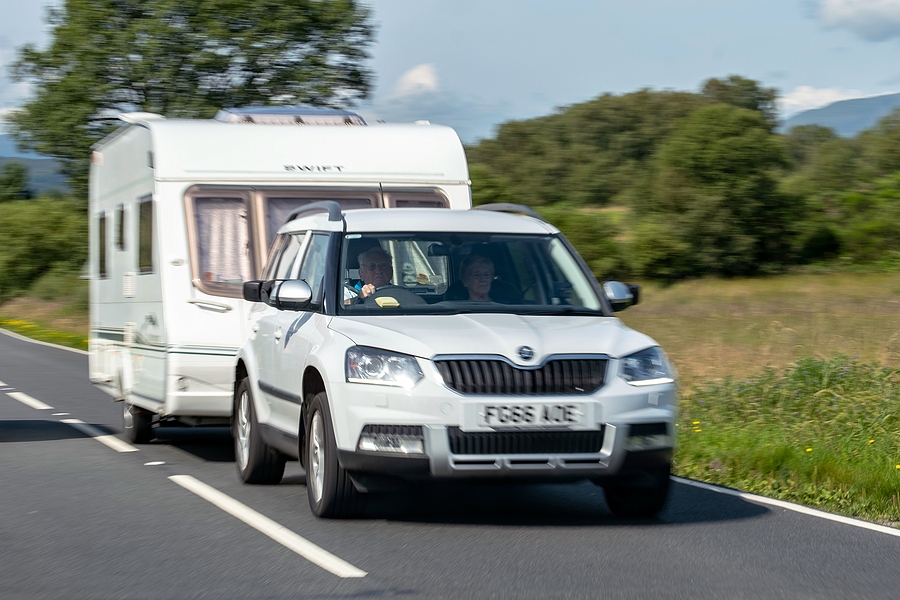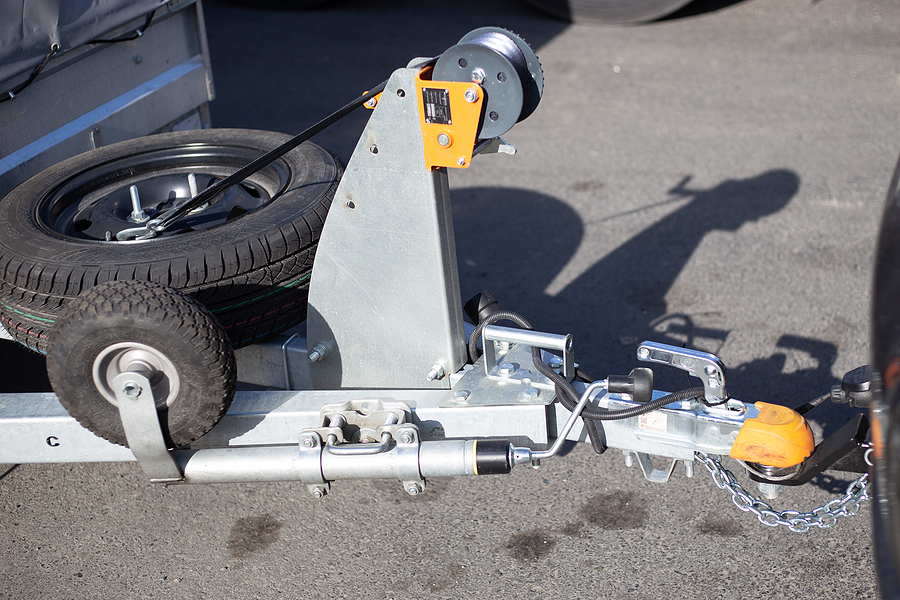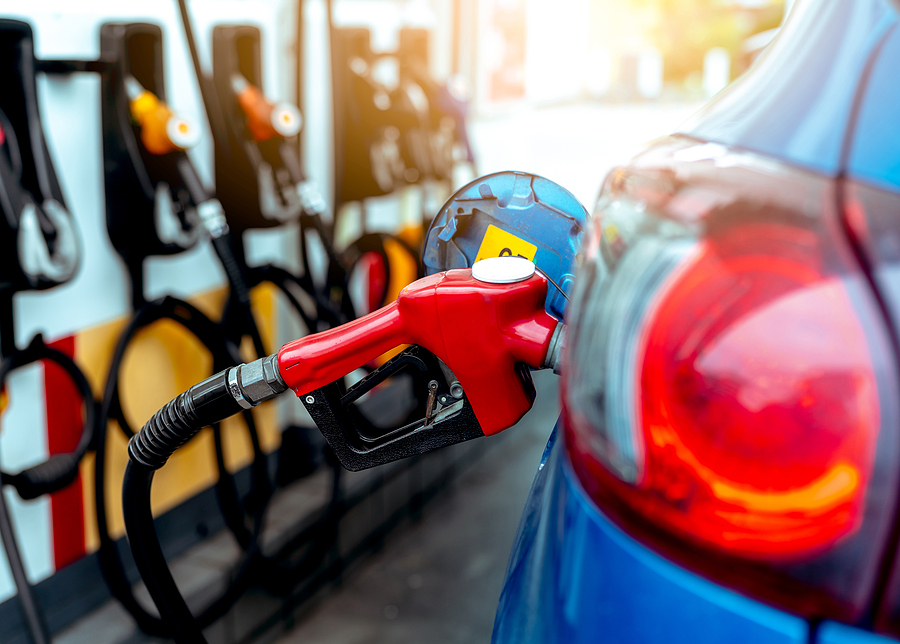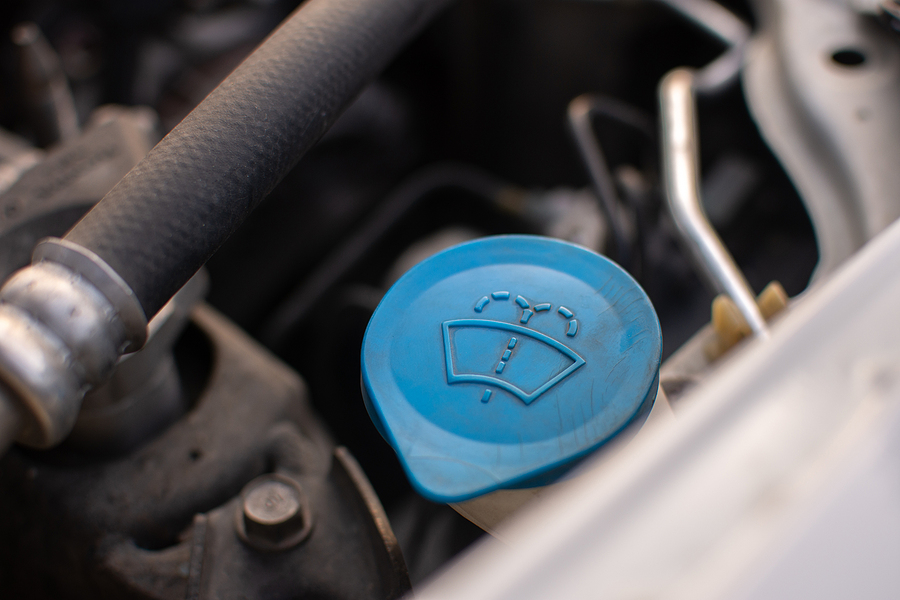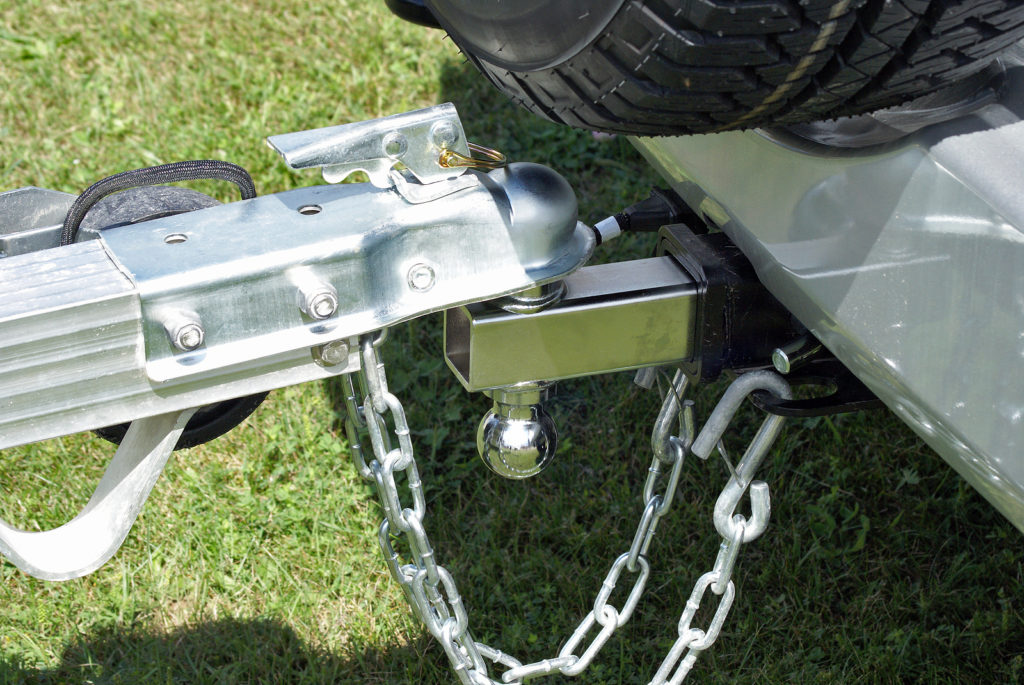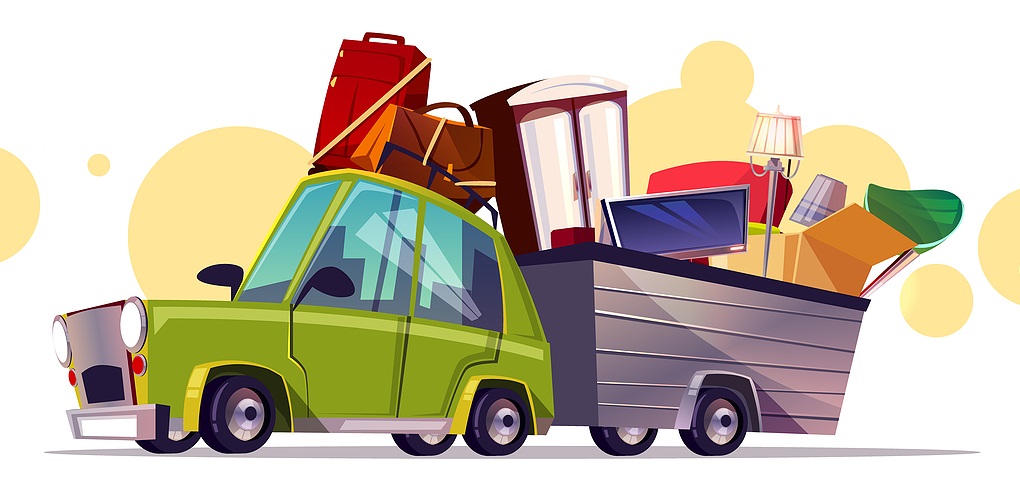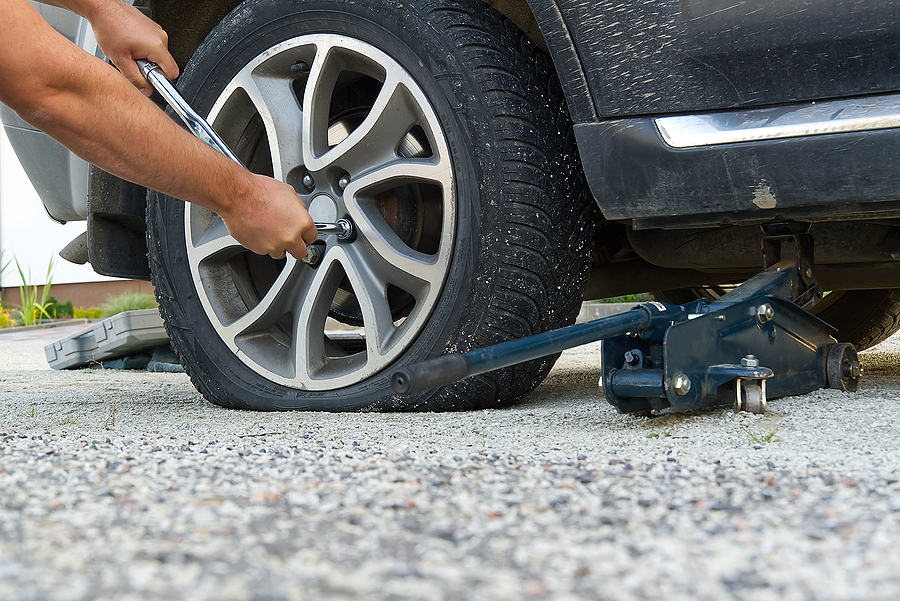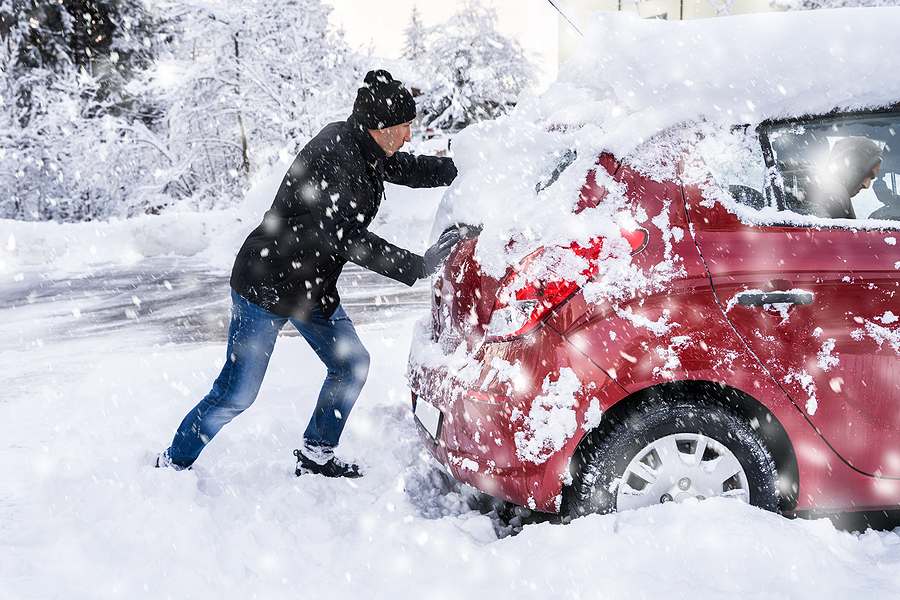It is a common misconception that the only vehicles that do not come with a spare tire are used cars. And while most people assume that new cars automatically come with a spare tire, vast numbers of modern models do not, as they are no longer standard manufacturing equipment. Generally, only light-duty trucks and large SUV’s come with a spare tire these days. So, many people wind up buying a new car, only to find that it’s not equipped with the fitted spare tire. This leaves them asking, “do I have to have one?”
Continue reading to learn what you should know about spare tires, including whether or not they are required by law.
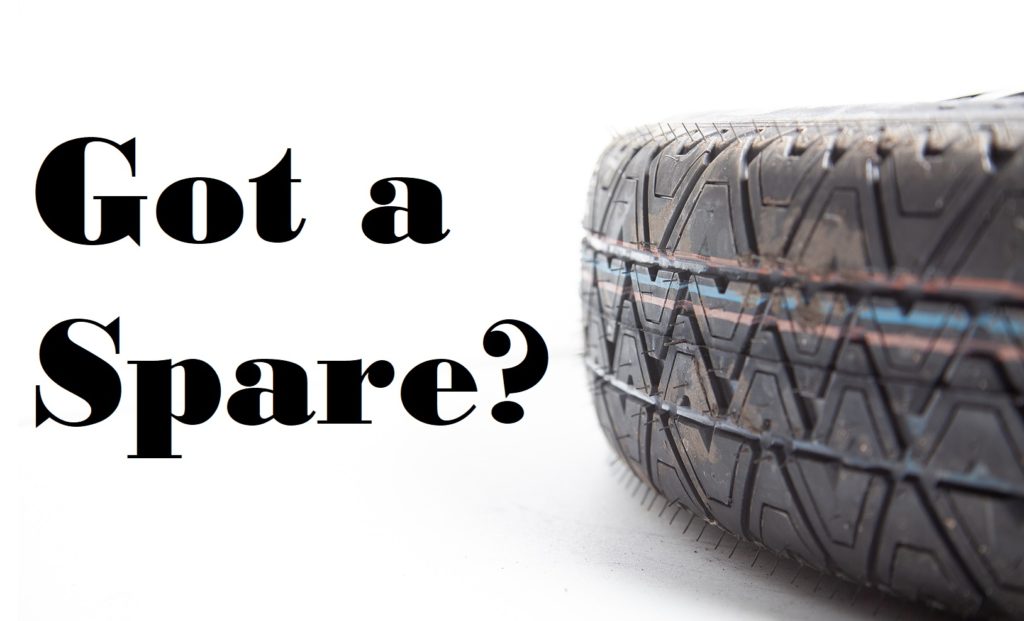
Spare Tire Laws
It is up to you to choose whether or not you would like to have a spare tire in your car. There is no law or state requirement that mandates all drivers have a spare. However, it is strongly encouraged by all car care organizations and authorities to always have a spare tire in your vehicle for those just in case types of situations.
Where to Get a Spare for Your Vehicle
You can purchase a spare tire for your particular make and model vehicle at any local auto parts store or tire shop. You can choose to purchase a brand-new tire, which will deliver optimal performance and efficiency, full tread, and perhaps even come with a warranty. You can also choose to purchase a used tire, which are available in good enough condition to be used in an emergency flat tire situation.
Why are Spares Less Common Now?
There are many reasons why automotive manufacturers are not including spare tires as a standard piece of manufacturing equipment any longer. The 4 top reasons that new cars don’t come with a spare tire include initiatives to: 1) improve gas mileage and fuel efficiency, 2) give more room inside the vehicle interior, 3) increase storage space (namely trunk space), and 4) reduce manufacturing costs.
Run Flats and Self-Sealing Tires
Run flats and self-sealing tires are common alternatives to having a spare in your vehicle. Run flats are a tire system that allows a flat tire to travel a short distance without causing further damage to the wheel or rim. Generally, run flats will allow you to drive up to 50 miles or so under the speed of 45 miles an hour. Self-sealing tires are designed to automatically repair any punctures or holes to the tire caused by running over something sharp, like a nail, using a special sealant inflator kits are another common alternative to having a spare tire, but they are not always dependable.
Are you a Hoosier who is stuck with a flat tire right now? Contact Zore’s Towing at 317-247-8484 for prompt and affordable roadside assistance service in Indianapolis, Indiana. We operate 24 hours a day, 7 days a week, and serve all of Central Indiana.
You Might Also Read:
How Long Can I Drive on a Spare Tire?
Common Types of Spare Tires
How to Patch a Flat Tire Using a Tire Plug Kit


